Understanding and Addressing Your Cat’s Unpleasant Odor
 July 30, 2023
July 30, 2023
A cat’s natural scent is often pleasant and familiar to its owners. However, if your beloved feline companion emits an unpleasant odor, it can be concerning. There are various reasons why cats may smell bad, ranging from poor grooming habits to underlying health issues. So here we are of assistance to shed light on the possible causes of a foul-smelling cat and provide practical solutions to improve the problem, ensuring a more pleasant environment for both you and your feline friend.
Health Issues
1. Dental Problems:
One common cause of bad odor in cats is dental issues. As with humans, dental hygiene plays a crucial role in overall health and odor control. If your cat has dental problems such as periodontal disease or dental decay, it can lead to foul-smelling breath. Regular dental check-ups and professional cleanings are essential for maintaining oral health and preventing bad odors.
2. Feline Lower Urinary Tract Disease (FLUTD):
FLUTD is a collective term for various urinary diseases that can cause marked discomfort and lead to a persistent bathroom odor. Symptoms may include frequent urination, straining, or blood in the urine. Prompt veterinary attention, appropriate diet, and increased water intake can help manage FLUTD and reduce odor issues.
Environmental Factors
1. Litter Box Maintenance:
An improperly maintained litter box can contribute significantly to a foul odor lingering in your home. Cats are naturally clean animals and will avoid using a dirty litter box. Regular scooping, complete litter changes every week, and using an appropriate litter that controls odors will help maintain cleanliness and minimize unpleasant smells.
2. Grooming and Coat Care:
Cats are known for their meticulous grooming habits, but sometimes they may require extra assistance. If your cat has a long, dense coat or is unable to groom properly due to age or obesity, it can lead to trapped odors in their fur. Regular brushing can help remove loose hair, debris, and odors, improving overall cleanliness and reducing any unpleasant smells.
Hygiene & Diet
1. Bathing:
While cats generally do not require frequent baths, some situations may call for it. Particular scenarios, such as a cat getting into something smelly or encountering skin issues that cause odor, may necessitate a bath. Use a mild cat-specific shampoo and ensure that the water temperature is comfortable. Always follow the proper guidelines for cat bathing to avoid stress and potential harm.
2. Diet:
A cat’s diet influences their overall health, including the health of their skin and coat. Feeding a high-quality, balanced diet that meets their nutritional needs is vital. Additionally, some foods can cause digestive issues in cats, leading to excess gas and unpleasant odors. Consult with your veterinarian to ensure that your cat’s diet is appropriate and suitable for their specific needs.

Professional Veterinary Care
If you have addressed hygiene, environmental factors, and diet, and your cat still has a persistent bad odor, it is crucial to seek professional veterinary care. An unpleasant smell may be indicative of an underlying medical condition that requires prompt diagnosis and treatment. Your veterinarian can help identify any potential health issues and provide appropriate interventions.
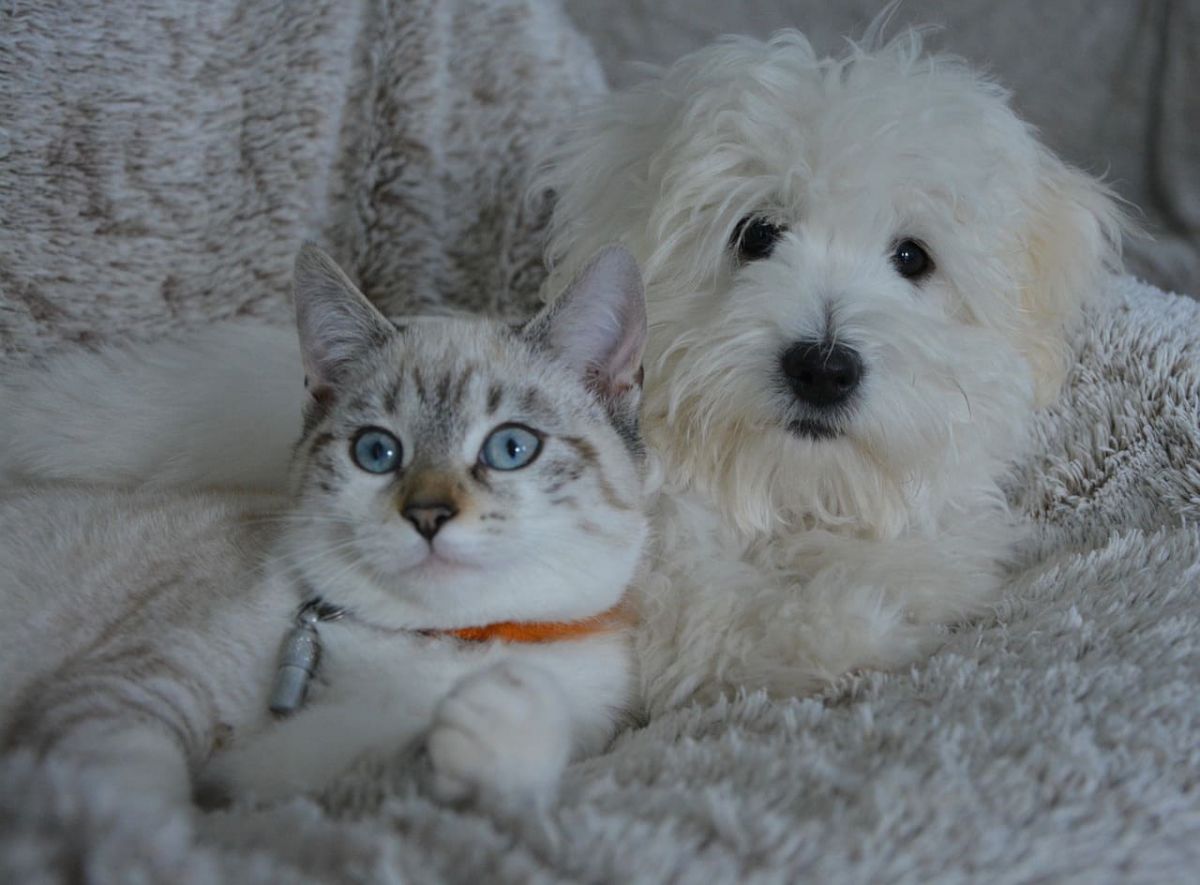
An Authoritative Glimpse into the World’s Top Ten Most Popular Categories of Pets

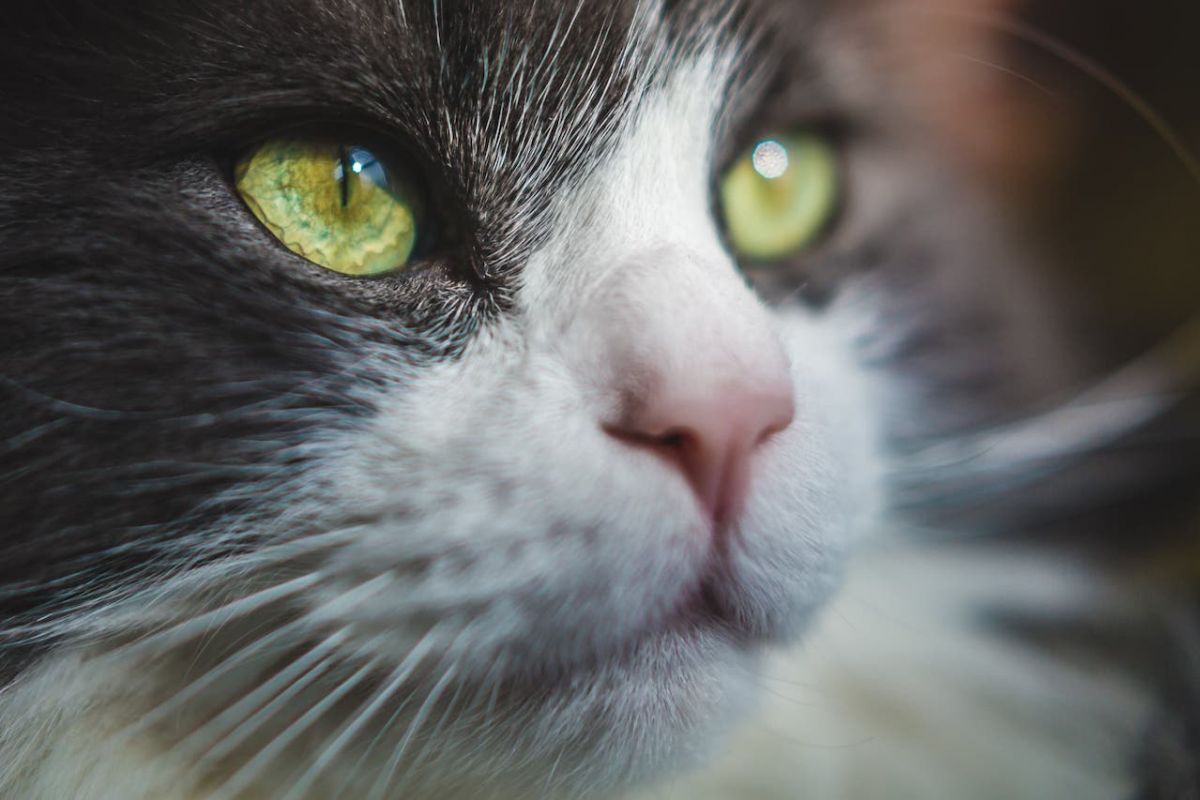
Why Do Cats Squirm Before Pouncing

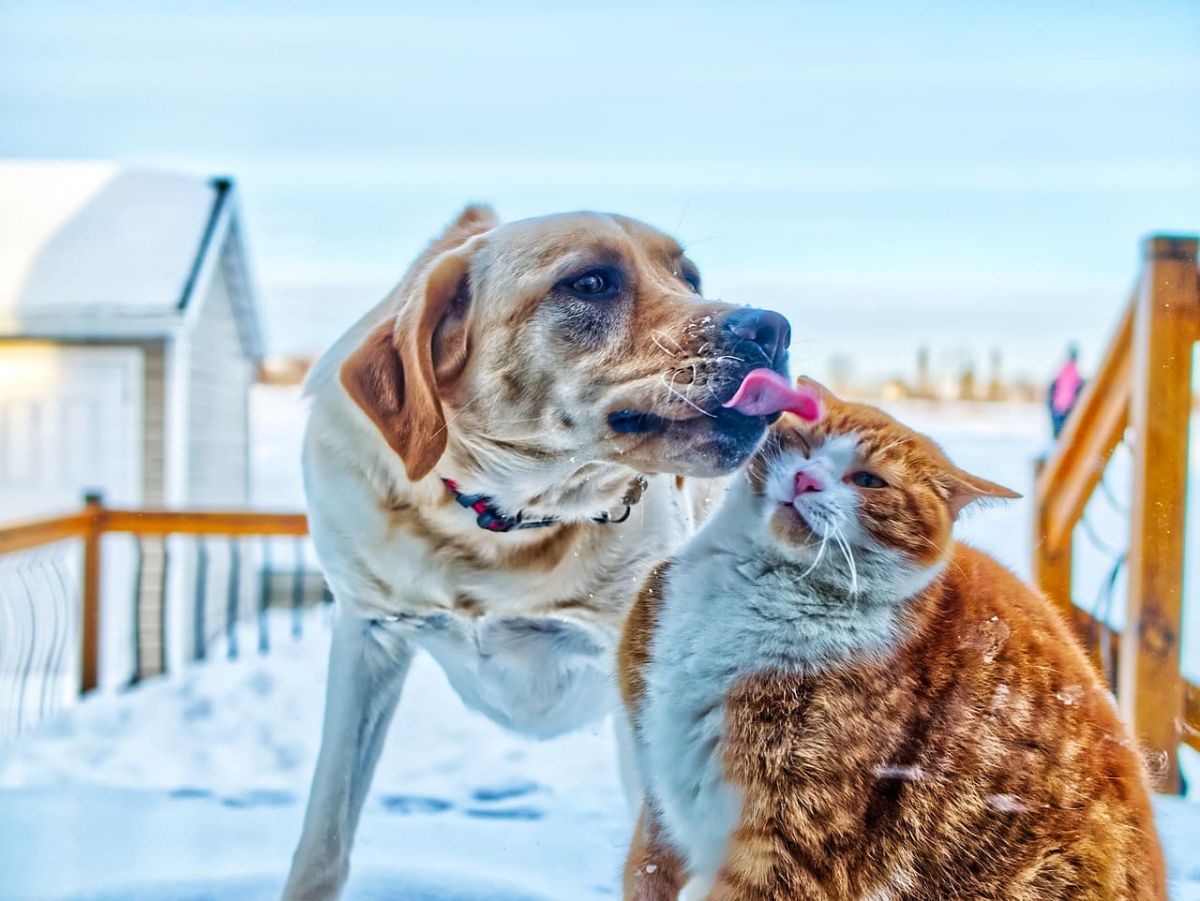
True Heartwarming Stories: The Unbreakable Bond Between Animals and Humans

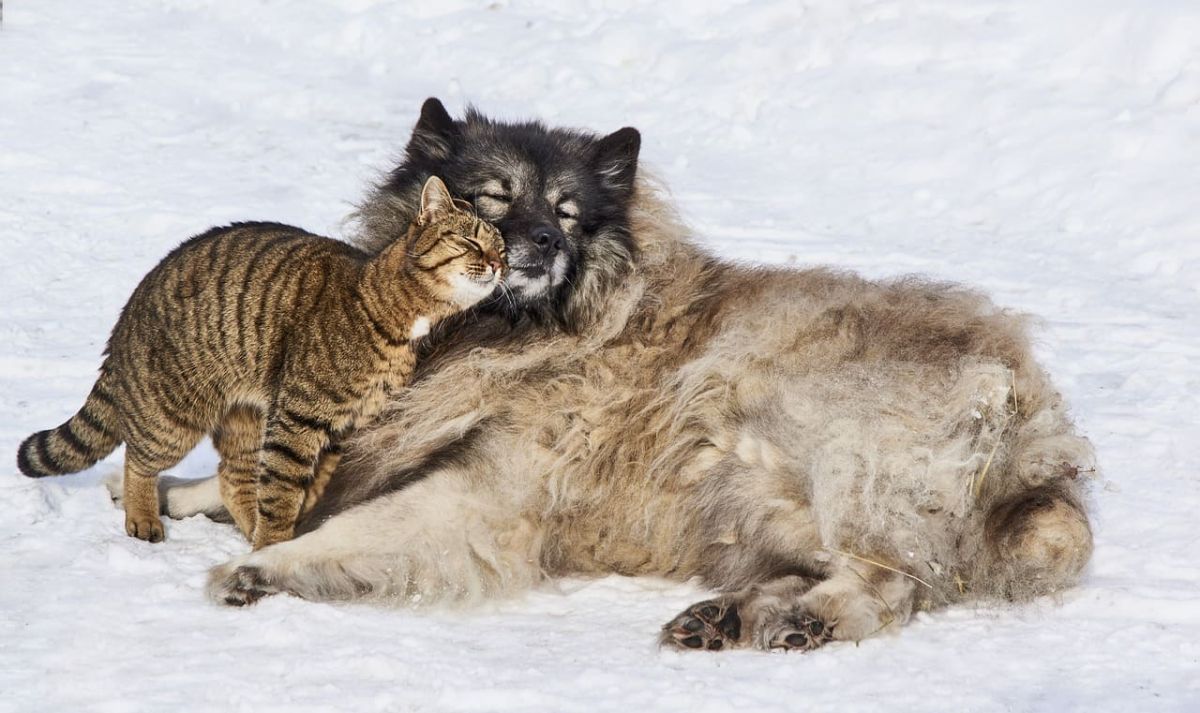
Pets’ Interesting News and Anecdotes


Owning a Pet May Help Maintain Mental Health When We’re Over 65


Pet IQ Test: Explore Your Pet's Intelligence and Potential

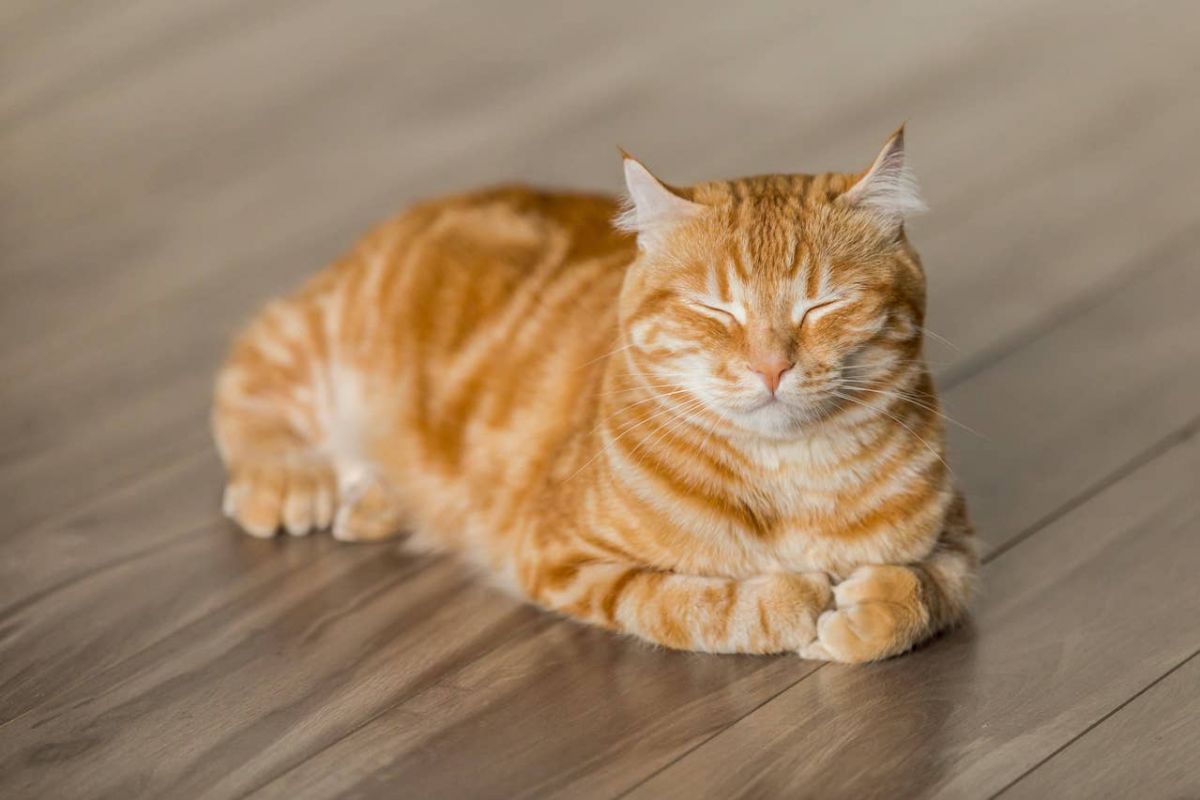
Pet Insurance: A Must for Comprehensive Pet Protection

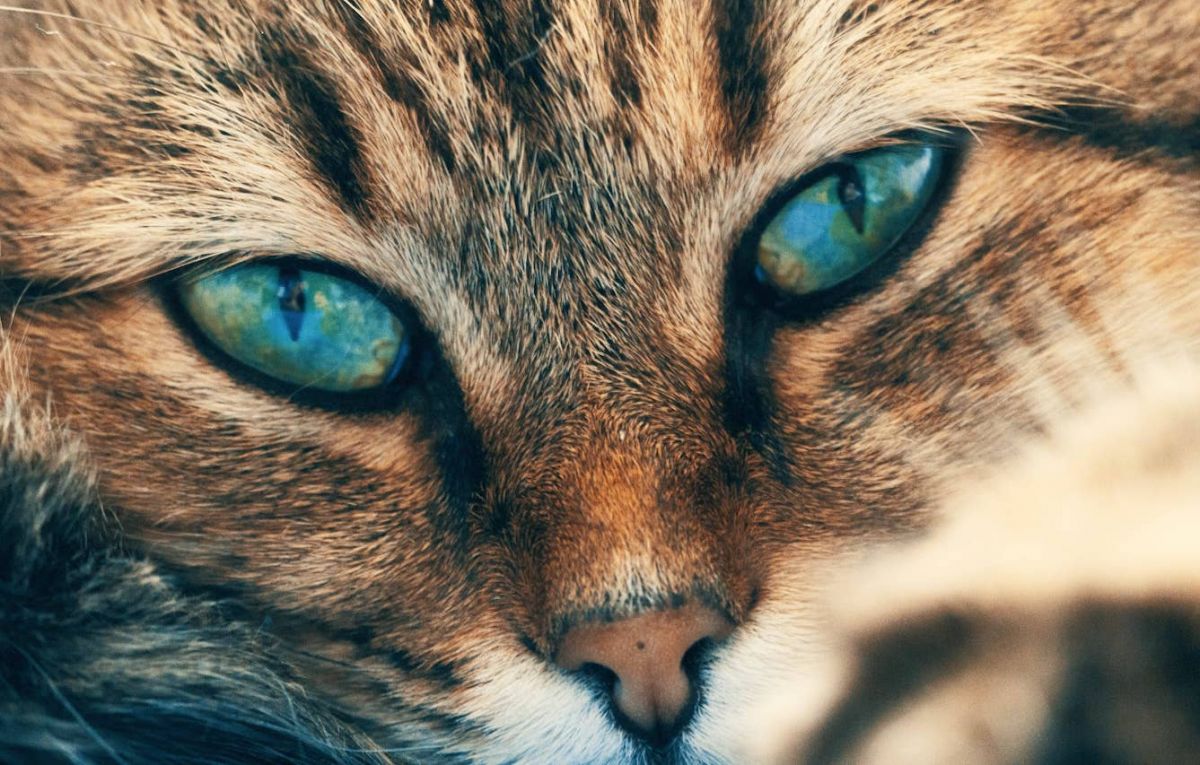
Instruction to PetSmart

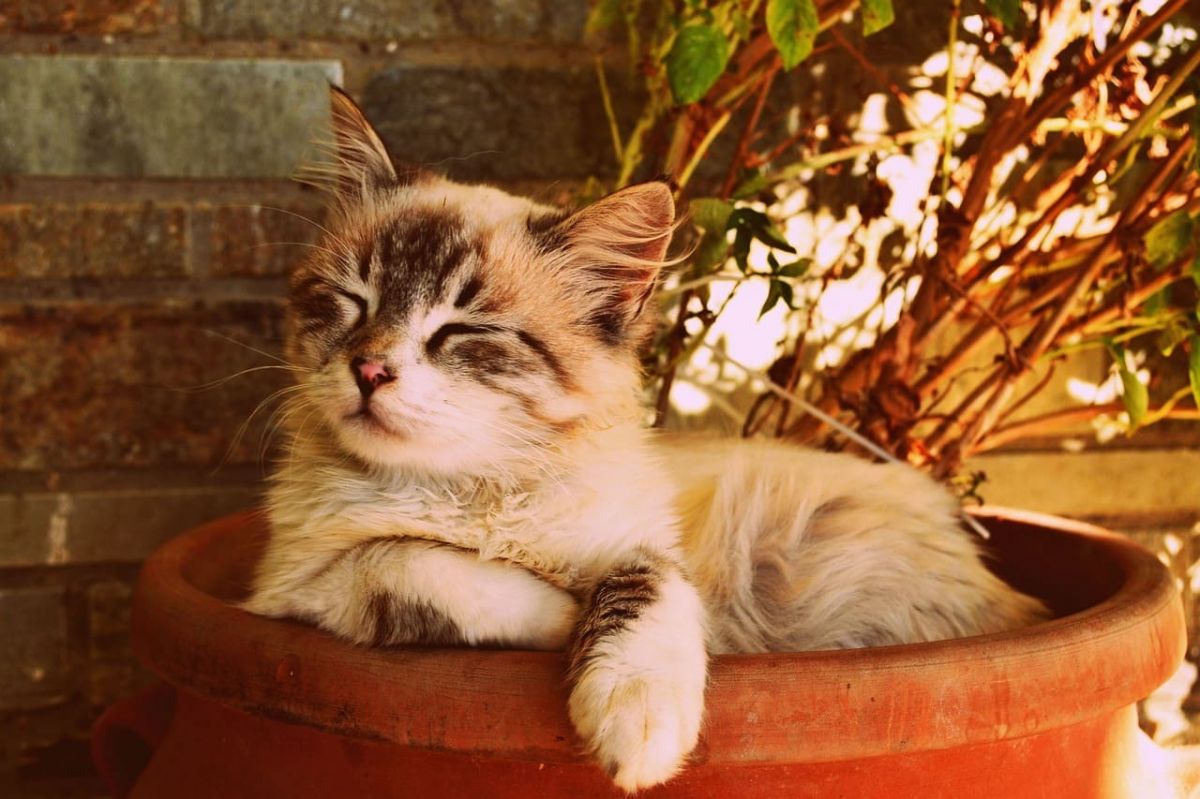
How to Train a Golden Retriever

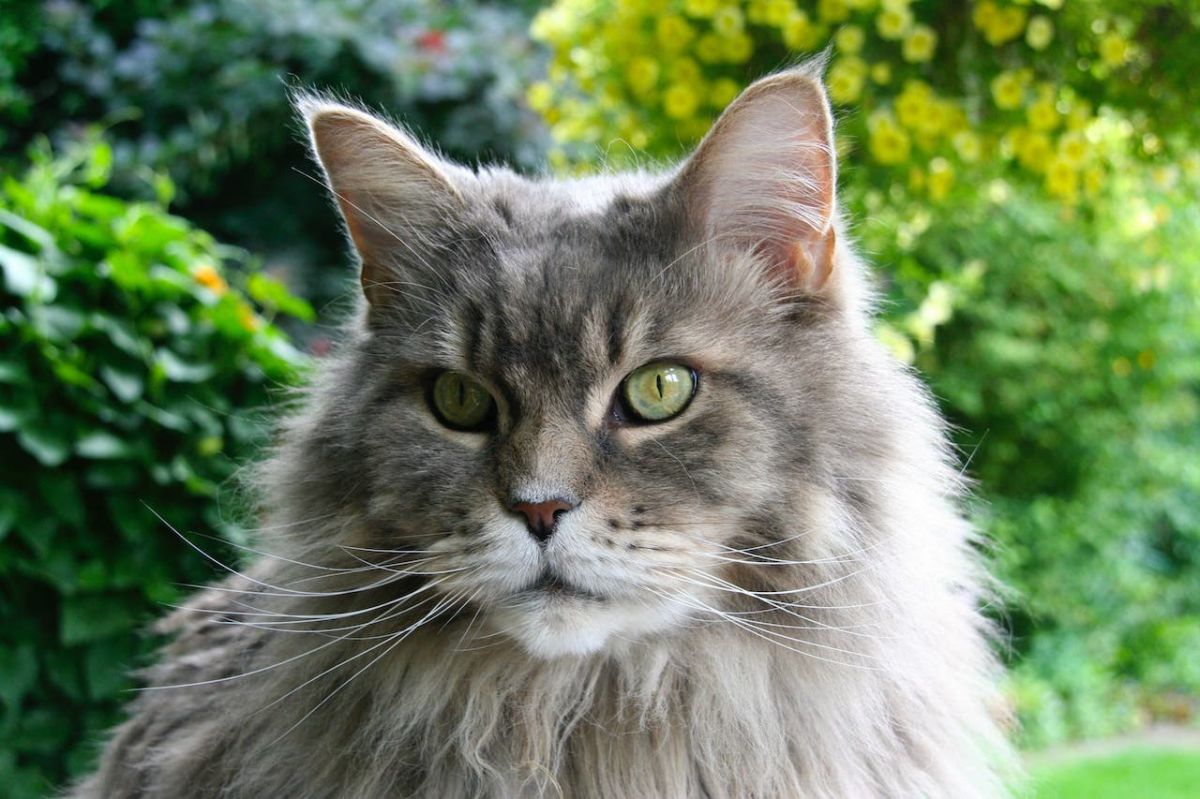
How to Run a Successful Pet Boarding Service

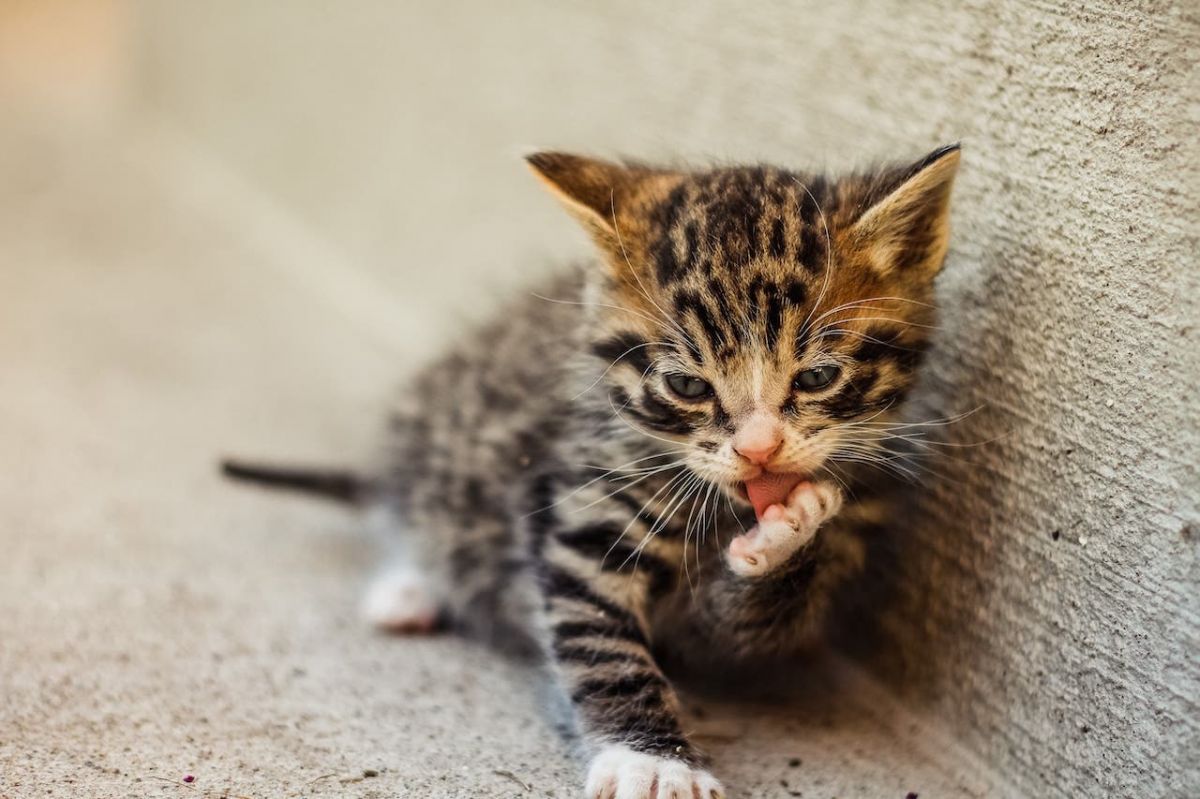
How Can I Find a Veterinarian Near Me


Is the Ragdoll Cat Easy to Raise

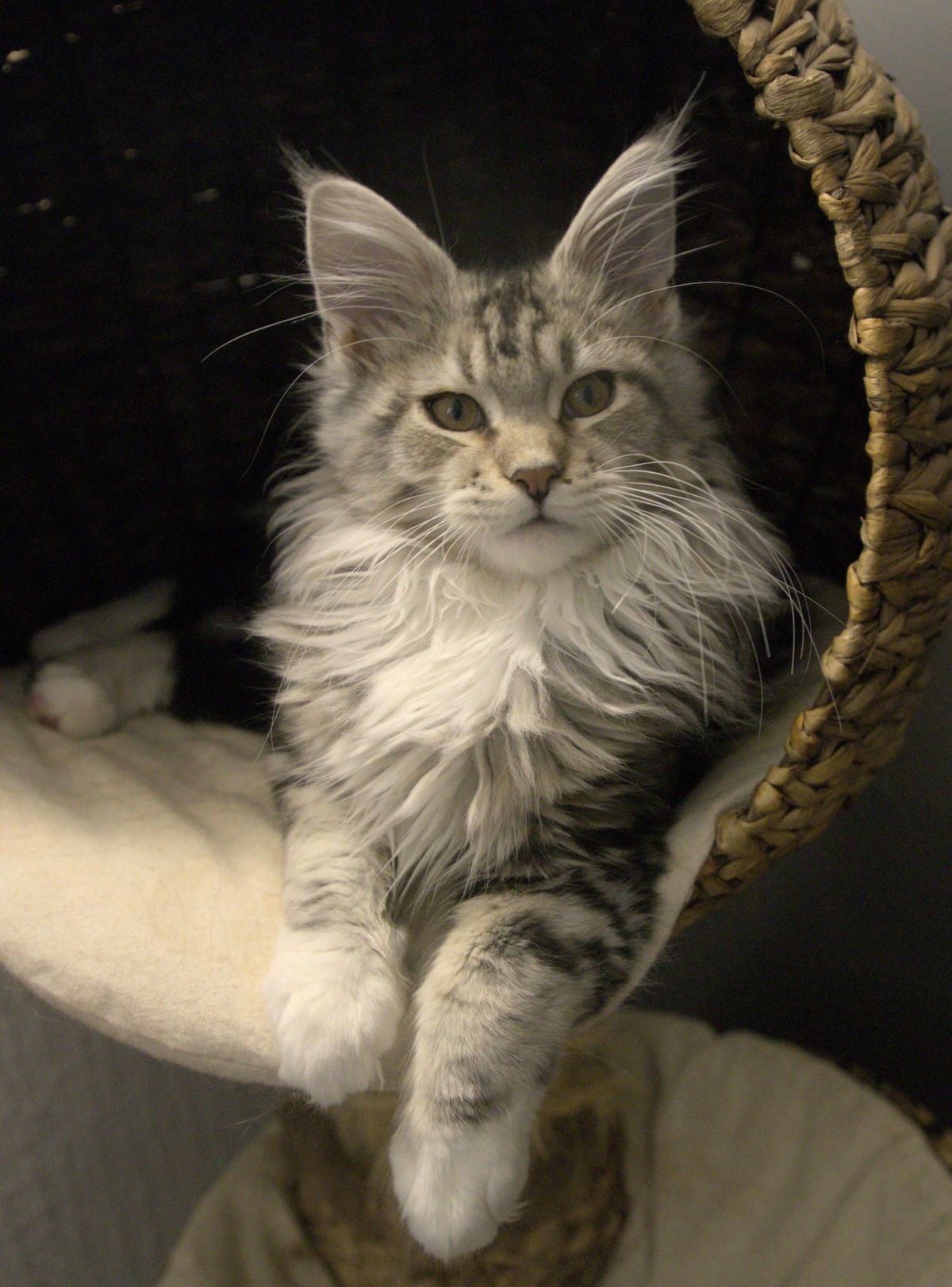
What Do Maine Coon Cats Like to Eat


Chinese Crested Dog Wins Champion Title at 2023 Ugliest Dog Contest in California


Some New Laws About Pets


Why Do Cats Like to Sit in Squares So Much?















